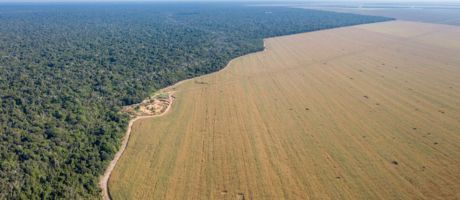
Financial institutions simply cannot be left out of EU Deforestation Regulation
EU member states should stand with the European Parliament and require banks and asset managers to undertake due diligence checks to stop the financing of companies linked to the destruction of the world’s remaining forests. This is the only way to sufficiently address Europe’s contribution to deforestation, forest degradation and human rights violations, Friends of the Earth Netherlands and Global Witness write.
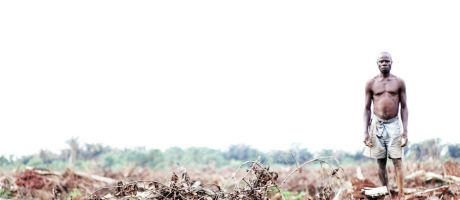
Statement against greenwashing by palm oil label RSPO
On Thursday the annual meeting of the palm oil sustainability label RSPO starts in Malaysia. 100 organisations state that 19 years of greenwashing environmental destruction, labour and human rights abuses and landgrabbing by the palm oil industry is more than enough.

Nickel mining in Indonesia: economic prosperity and ecological disaster
On November 15th and 16th, the G20 summit took place on the Indonesian island of Bali. An important moment for the Indonesian government to communicate its ambitions and potential as an economic superpower to an international audience. In doing so, the country is betting heavily on nickel, a key component of electric car batteries.
Header photo © Galen Priest / AlTO
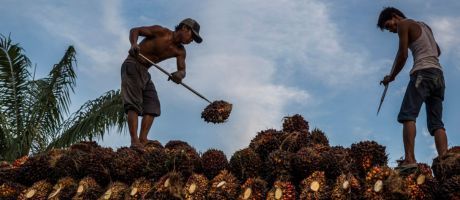
Unilever and ABP: drop palm oil supplier for human rights abuses
Indonesian palm oil company Astra Agro Lestari causes landgrabs, violence against farmers and deforestation. Therefore big companies are withdrawing as financier of AAL. We urge Unilever, ABP, FrieslandCampina, PFZW, Aegon and ABN Amro to do the same.
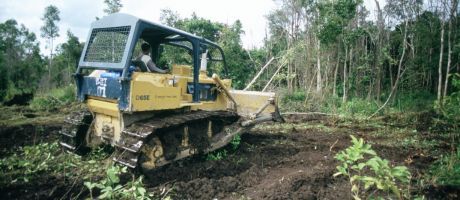
EU ministers asked to adopt forest protection law
Rapid adoption of ambitious new regulation on deforestation-free products. This is what more than 140 civil society organisations ask from ministers in the EU. Friends of the Earth Netherlands is one of those organisations.
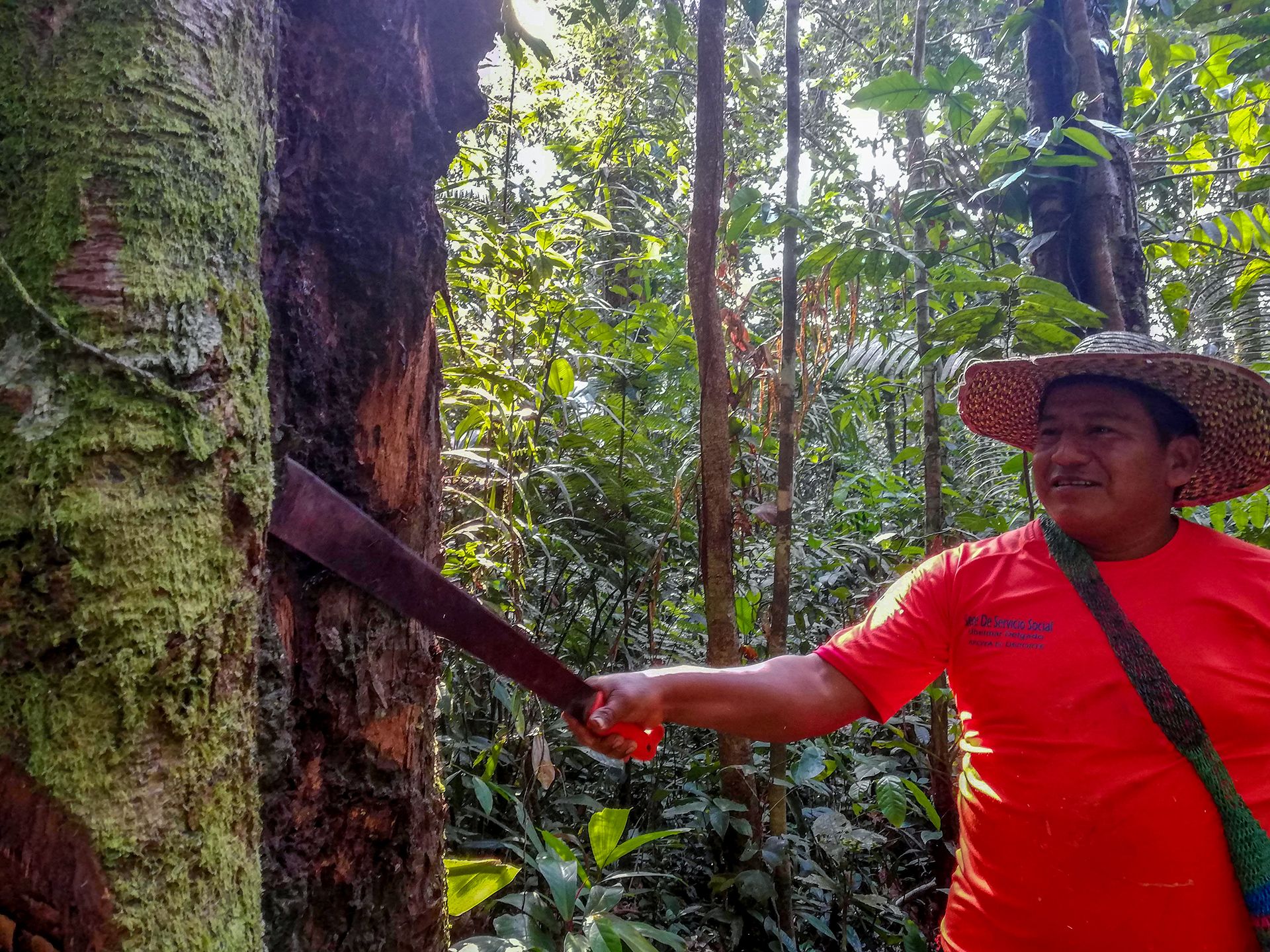
Community forestry and the role of NGOs in internal governance processes
In a recent article in Tropical Conservation Science, a group of authors from the TBI Network and RECOFTC argue that NGOs supporting community forestry can play a role in facilitating bottom-up governance processes. This requires long-term commitments. Moreover, it requires investments in the skills of NGO practitioners to facilitate highly complex and dynamic social processes.

European Parliament calls to end extractive activities in protected and sensitive areas in Uganda and Tanzania
In its resolution of 15 September 2022, the European Parliament called for the EU and the international community to exert maximum pressure on Ugandan and Tanzanian authorities, as well as the project promoters, i.e. Total and China National Offshore Oil Corporation, to protect the environment and to put an end to the extractive activities in protected and sensitive ecosystems.
Header photo: Murchison Falls, Uganda (c) Henk Simons
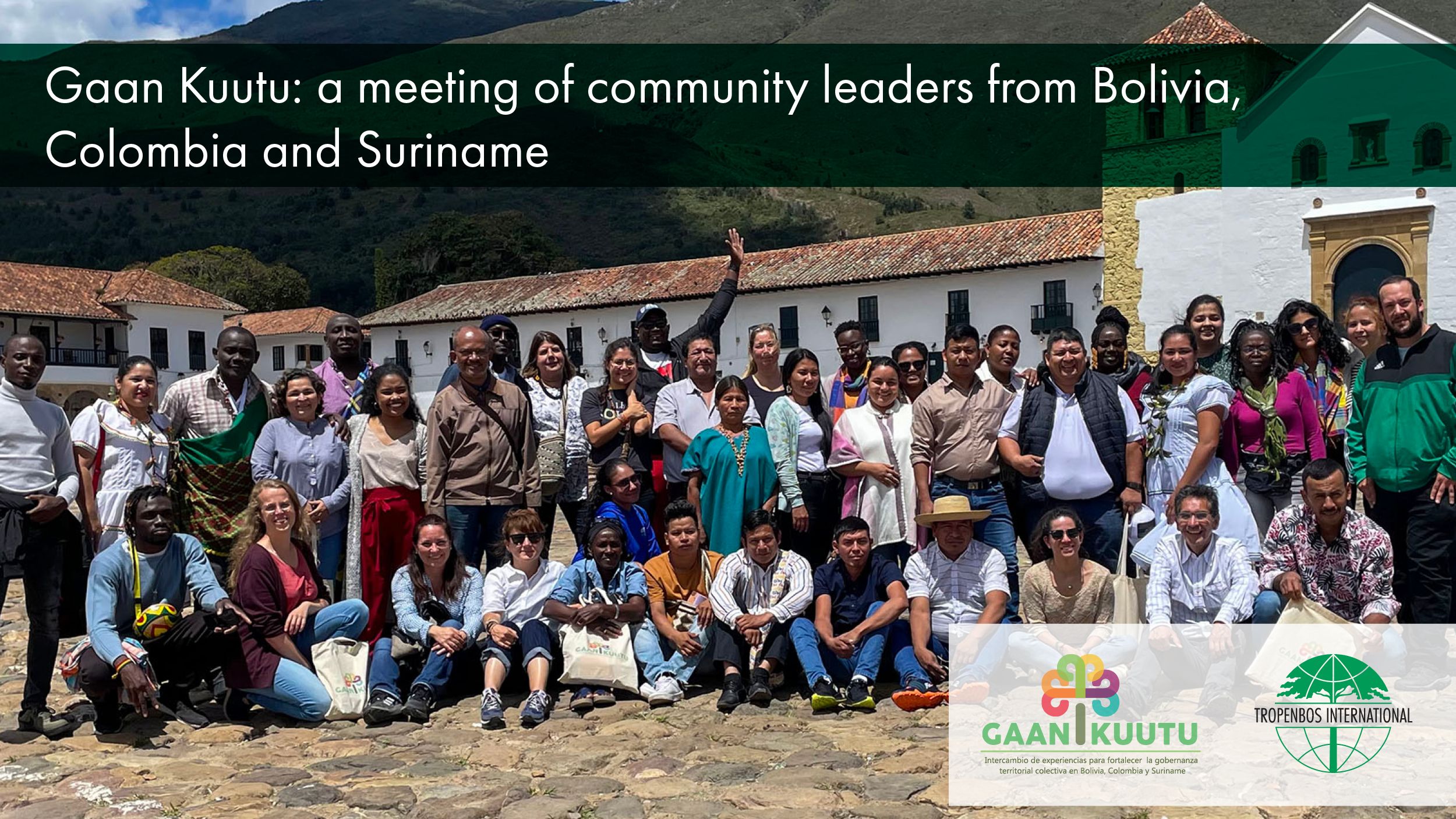
Gaan Kuutu: a meeting of community leaders from Bolivia, Colombia and Suriname
In August 2022, an unprecedented gathering occurred. This was the Gaan Kuutu, a regional exchange where 26 representatives from indigenous, tribal and peasant communities in South American had the opportunity to share first hand their experiences in how to best manage their lands.
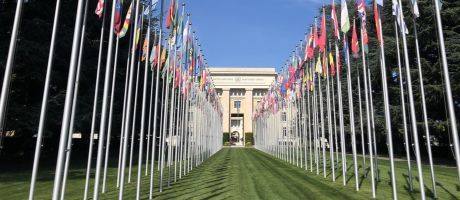
Human rights exam: our 3 conclusions on the Netherlands
Friends of the Earth Netherlands was in Geneva to address the UN in the context of the Universal Periodic Review: the human rights exam each country has to do every five years. Together with IUCN NL and Stand Up For Your Rights we wrote a report with 3 conclusions on the Netherlands.
